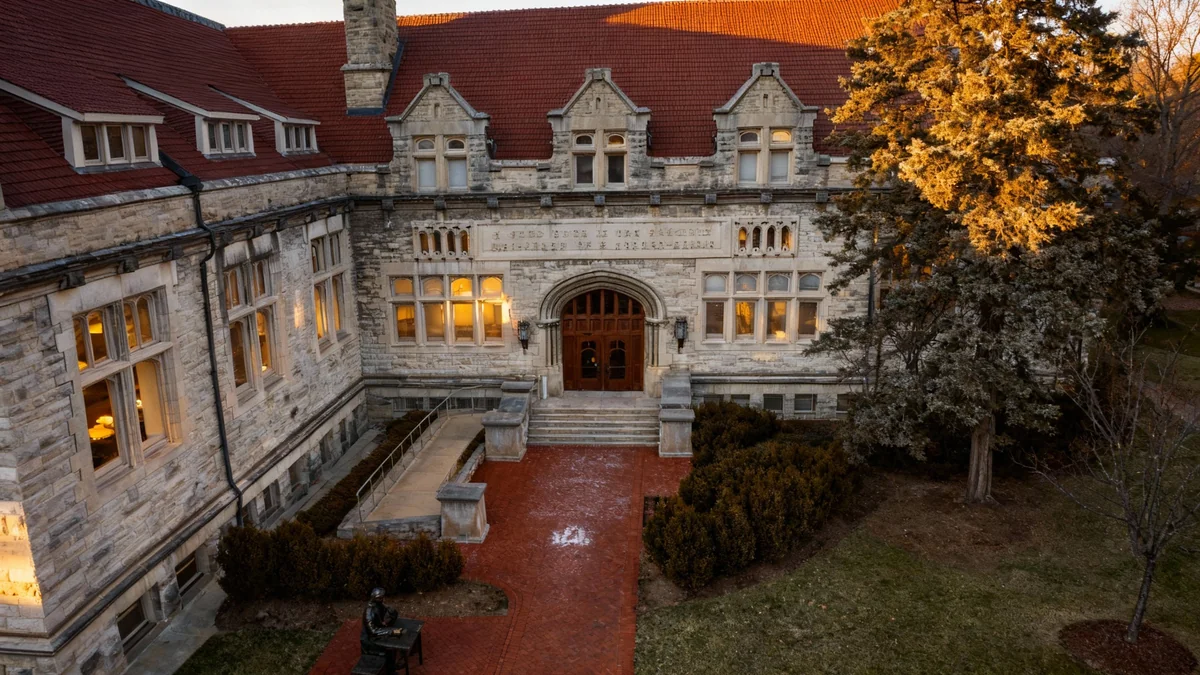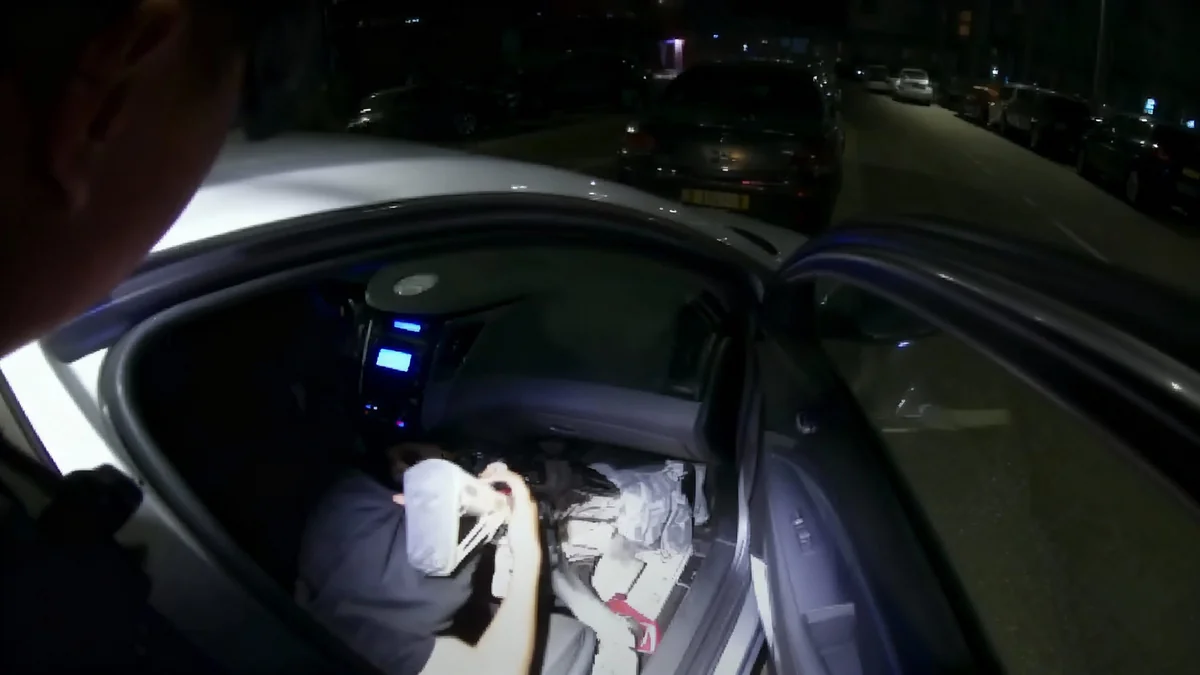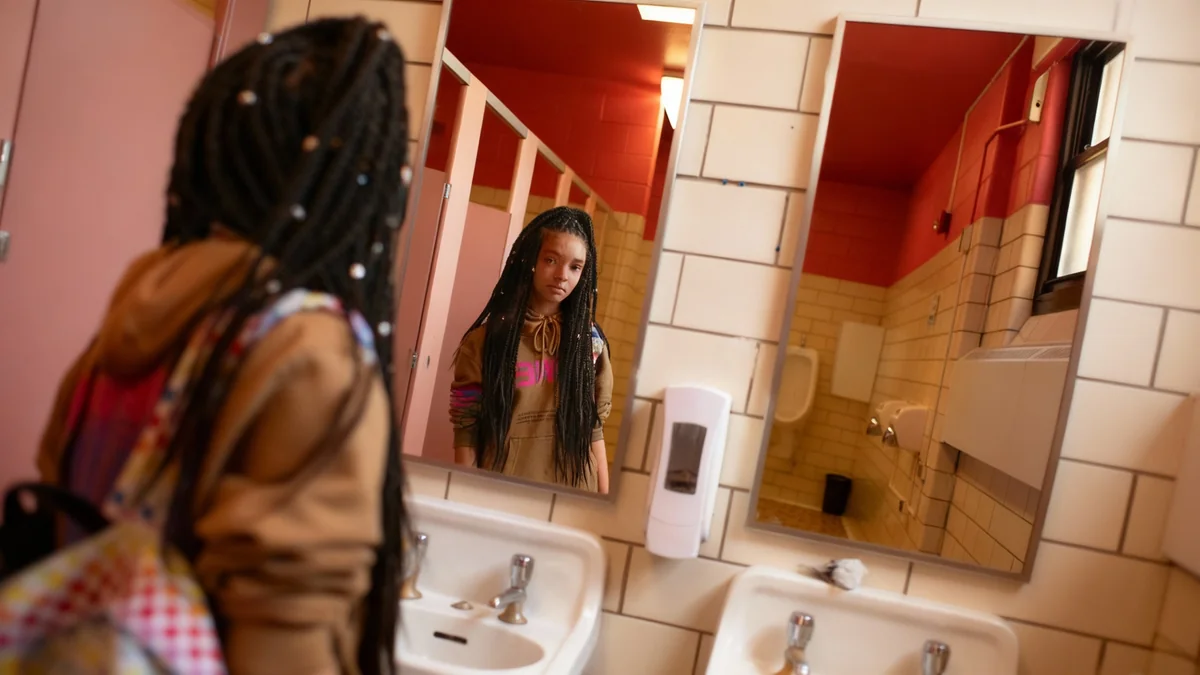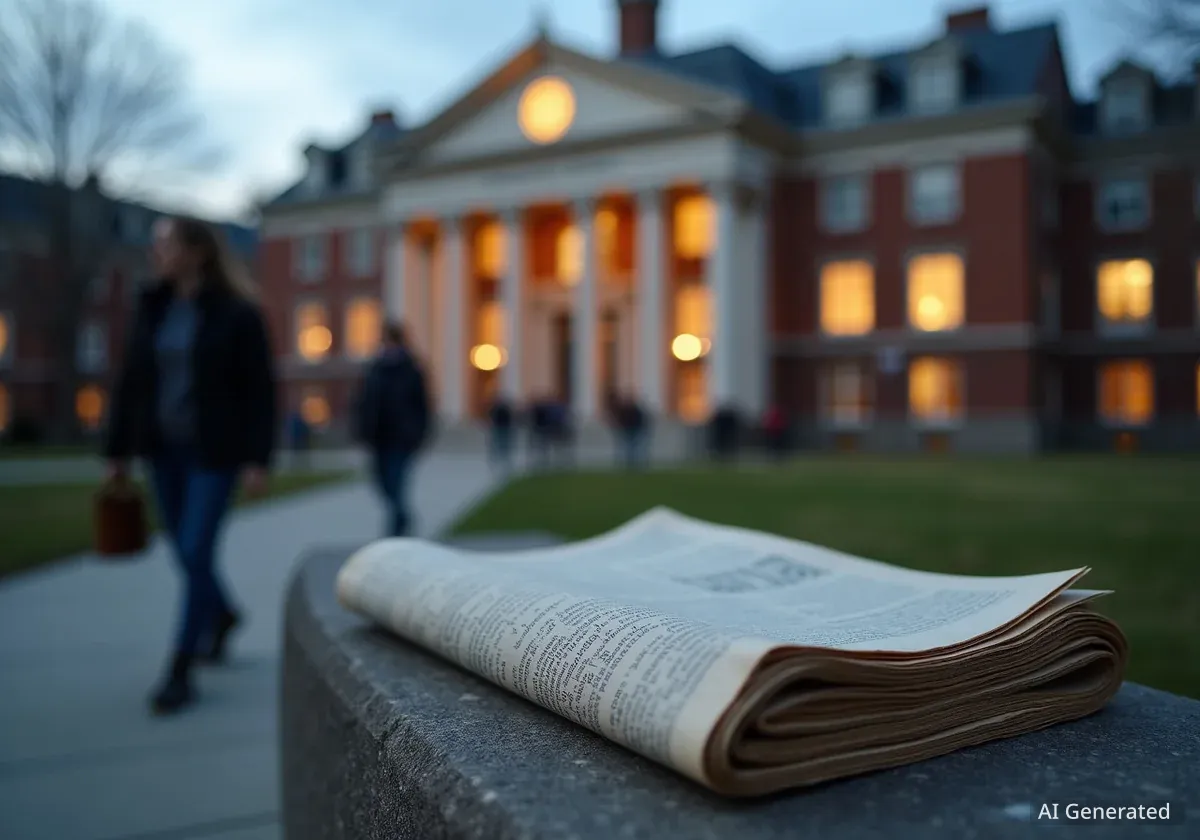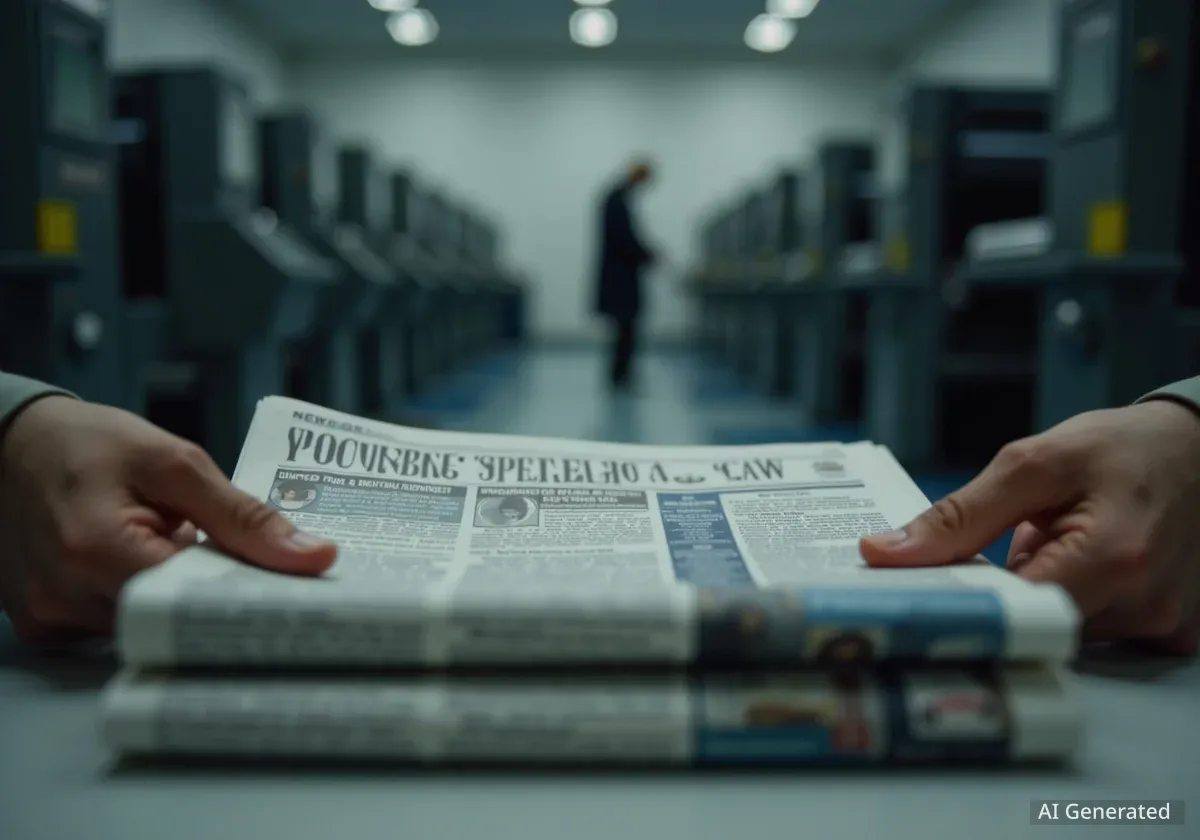An attorney representing the student editors of the Indiana Daily Student has accused Indiana University administrators of unconstitutional censorship. The allegation comes after the university fired the director of student media and abruptly canceled the newspaper's print editions following a dispute over editorial control.
In a formal letter sent to university leadership, the Reporters Committee for Freedom of the Press (RCFP) demanded administrators reverse actions it described as retaliatory and aimed at suppressing free speech rights guaranteed by the First Amendment.
Key Takeaways
- The Reporters Committee for Freedom of the Press alleges Indiana University engaged in "unconstitutional" censorship of its student newspaper.
- The dispute began when administrators reportedly ordered the Indiana Daily Student to publish only Homecoming-related stories in a specific edition.
- Following student pushback, the university fired the Director of Student media and canceled all upcoming print editions.
- The university maintains its commitment to the editorial independence of student media, despite the recent actions.
A Dispute Over Editorial Control
The conflict began in late September when Jim Rodenbush, then the Director of Student Media, resisted an order from The Media School. The directive allegedly required an upcoming print edition of the Indiana Daily Student (IDS) to contain only stories related to the university's Homecoming events.
Rodenbush questioned the order, citing free speech principles that protect the newspaper's editorial independence. The situation escalated in mid-October. On October 13, IDS Co-Editors-in-Chief Mia Hilkowitz and Andrew Miller sent a formal appeal to Media School administrators, challenging the content restrictions.
A day later, on October 14, Media School Dean David Tolchinsky fired Rodenbush. Just hours after the termination, Tolchinsky informed the student editors that all remaining print editions of the newspaper were canceled effective immediately. The next issue had been scheduled for distribution just two days later.
Legal Challenge Cites First Amendment Violations
In response to these events, the RCFP intervened on behalf of the student editors. Attorney Kristopher Cundiff sent a letter to IU President Pamela Whitten and other senior administrators, outlining the legal basis for the censorship claim.
The letter characterizes the university's actions as "ill-advised, unconstitutional, and appear to be aimed at suppressing core press and speech rights." Cundiff argues that as a public institution, Indiana University is bound by the First Amendment.
"Telling student journalists what they can and cannot include in a newspaper is censorship of 'editorial content' by any definition," Cundiff stated in the letter.
The letter also points to a long-standing university policy, the Student Media Charter, which has been in place since 1969. This charter explicitly guarantees the editorial independence of the IDS from the university administration.
The 1969 Student Media Charter
The Student Media Charter at Indiana University was established to formally separate the student press from administrative oversight. It serves as a foundational document that protects the right of student journalists to make their own editorial decisions without interference, a principle now at the heart of the current dispute.
University Responds Amid Calls for Resolution
While the RCFP's letter details a series of what it calls "retaliatory steps," university officials have publicly defended their commitment to a free student press. In a statement issued on October 15, Chancellor David Reingold addressed the situation.
"Indiana University Bloomington is firmly committed to the free expression and editorial independence of student media," Reingold's statement read. He asserted that the university had not and would not restrict the IDS’s editorial freedom.
- Sept. 25: Director of Student Media Jim Rodenbush questions an order to limit newspaper content.
- Oct. 13: Student editors appeal the content restriction order to administrators.
- Oct. 14: Dean David Tolchinsky fires Rodenbush.
- Oct. 14: Hours later, all IDS print editions are canceled.
- Oct. 15: Chancellor David Reingold issues a statement supporting editorial independence.
Despite the university's official stance, the student editors remain firm. In a published editorial, Hilkowitz and Miller expressed a desire to find a solution without resorting to legal action but affirmed their position.
"We will continue to resist as long as the university disregards the law," they wrote. "Any other means than court would be preferred."
Cundiff's letter did not specify any immediate legal filings but did request a meeting with university administrators "to discuss a path forward." The university has not yet publicly responded to the letter from the RCFP.
